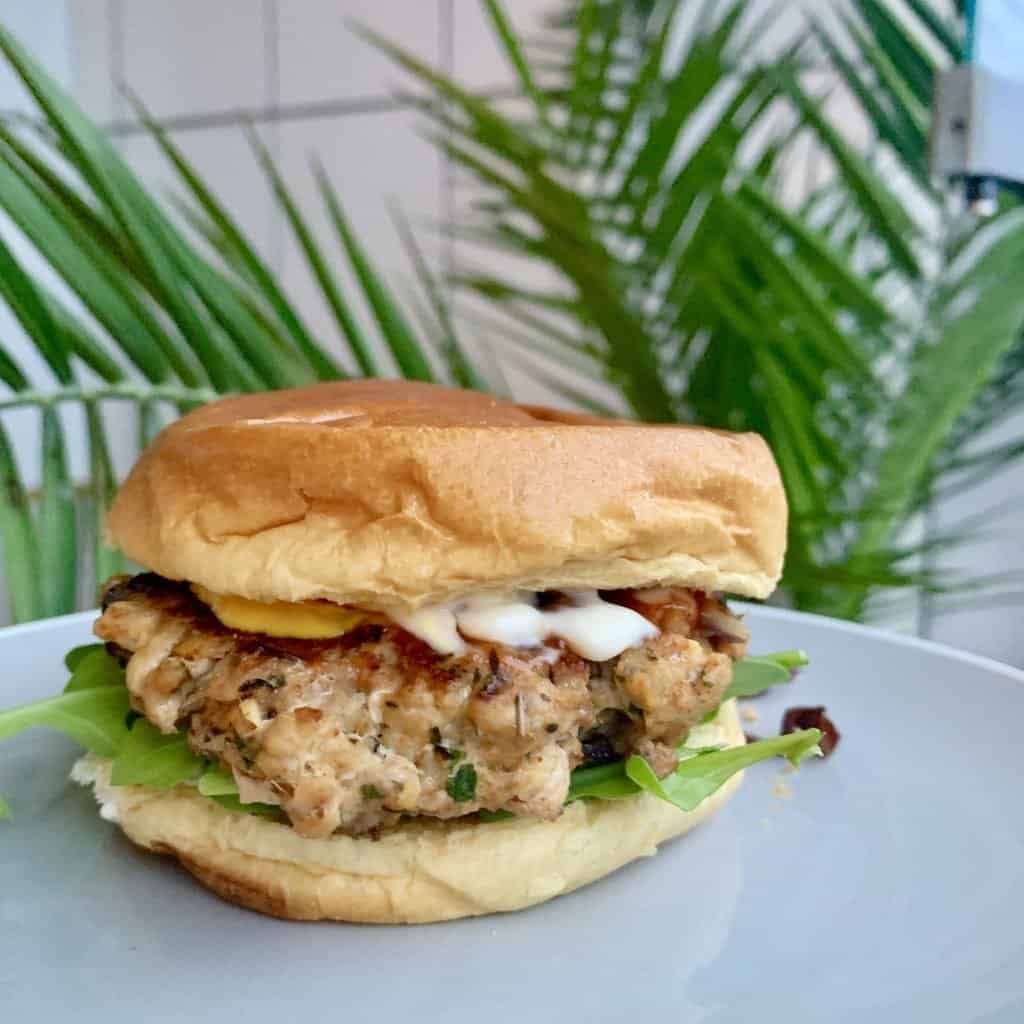Blog

How to Cultivate Self-Worth Beyond Appearance
If you wore your sense of self-worth pinned on you like a price-tag, what would the value be?
Would it be single digits like the clothes size you might aspire to?
Perhaps double digits like the low-scale weight you’re chasing?
Maybe it’d be triple digits – equivalent to the amount of likes your most recent, heavily filtered, selfie you posted on social media?
Would you allow how you imagine others to perceive your fleshy packaging to determine your mark-up and self-worth?
The Difference(s) Between Self-Worth and Self-Esteem
Self-worth and self-esteem are often used interchangeably, yet within the sphere of psychology, they are arguably different and liable to be diametrically opposed.
Self-esteem can be understood as an internal assessment of our own qualities and attributes – both physical and otherwise. Self-esteem therefore may determine how worthy we may feel.
Conversely, self-worth is the understanding that irrespective of how you may appraise your internal and external traits or feel about yourself, you are of value and have an innate worth by virtue of simply being you (Woolfe, S).
In practice, having a strong sense of self-worth dictates that despite inevitable fluctuations in self-esteem (as some days you’re the sumo, while other days you’re the loincloth), you recognise that you are still valuable.
The Dangers of Investing in the Depreciating Asset of Appearance
Multiple studies conclude that singularly deriving self-worth from appearance and appearance based- approval from others has a direct correlation with reduced image satisfaction, increased body-image discontent, and increased body surveillance (Overstreet, N & Quinn, D. 2012, Abstract)- thereby potentially leading to disturbed eating patterns and/ or a disordered relationship with exercise.
This negative self-esteem or self-worth may arise from the discord between conflicting aspects of the self – e.g. the “idealised self” versus the “real-self”. The larger the discrepancy the lower one’s sense of self-worth and esteem (Ibid. p.360)
Fundamentally, we may devalue ourselves based on the ways in which we view ourselves through the potential judgment of others.
Despite being an internal evaluation, self-esteem is often founded on external attributes – such as appearance, and our self-esteem often influences the extent to which we deem ourselves valuable.
Consequently, self-worth and/ or self-esteem that hinges on appearance alone denies us every other life-affirming or vital activity/ interaction that could positively enhance our life and add value to our existence and everyday experiences. This is evidenced by the 67% of women between the ages of 15-64 surveyed worldwide who agreed that appearance concerns caused them to avoid social engagements / connection (e.g. meeting friends, dating, going to work, visiting the doctor) (Calogero, R et al. 2007, Abstract).
Rewriting our Personal Price Tag – Building Self-Love and Self-Worth
So how can we positively re-write our own personal price-tag and seek to maintain value when the market of self-esteem fluctuates?
Oddly enough, to increase our self-worth and value, we need to move beyond metrics.
We need to do away with what is measurable and look for what is truly meaningful.
Subtract Comparison & Add Bodily Connection
Body acceptance and self-love are by no means vanity or narcissism, but the ability to express love for your body/ appearance – even if you are not fully satisfied or comfortable with all aspects of your appearance.
It is the acknowledgement that you have innate and inherent value just by virtue of being you and the knowledge that deviation from societal beauty norms does not decrease how much you are worth.
Self-acceptance arises from removing self-judgement and comparison (i.e. “she is prettier than me” or seeking to “be more attractive than others”) and instead entails loving the body for what it can do and the connection it offers to others (e.g. shared ethic heritage) (Tylka, T & Wood Barcalow, N. 2015, p.122) and the recognition that you are more than your body.
Studies suggest that shifting our self-worth from focusing on bodily appearance to embodied experience or “connected embodiment” (e.g. experience of engaging body with world) (Ibid) enables us to better counter body-shaming dialogues (Ibid) and fully appreciate our existence aside from our external appearance.
Moreover, the concept of body functionality (i.e. focusing on what the body can do – such as one’s fitness, dexterity, capability, etc) also offers a way to paradoxically become more aware of our body’s functionality to move away from simply self-objectifying and being a body alone.
A strong sense of self-worth and associated practices that foster self-value, have been shown to protect both physical and mental health – if not offer resilience or protection against poor body-image (Snapp, S et al. 2012, p. 212)
Conversely, evidence suggests that a basing your sense of self-worth on your appearance is linked to a range of internalised mental disorders (e.g. eating disorders, anxiety, depression, etc) and externalised disturbances (e.g. substance abuse, violence, self-harm, etc) (Mann, M et al. 2004, p.357).
Subtract Social Ideals & Add Self-Care
Now this isn’t to say that appearance isn’t or cannot be a factor that contributes to our sense of self-worth, but instead we should seek to foster what researchers have termed “adaptive appearance investment”.
This concept can be understood as appearance-related self-care (e.g. personal grooming) that showcase personal style and personality – it makes the internal external and enhances one’s own features as opposed to seeking to alter them to fit social conditioned appearance ideals (Tylka, T & Wood Barcalow, N. 2015, p.123).
Instead, these appearance-based benefits may be viewed as acts of kindness towards the self and manifestation of the understanding that appearance based acts of self-care are necessarily a way to improve your appearance for others, but a way to nurture and respect yourself.
What to Withdraw and Deposit in Your Self-Worth Bank Balance:
- Self-esteem is the fragile internal appraisal of yourself, whereas self-worth is the knowledge that, despite your own (potentially scathing) evaluation, you are still worthy and have inherent value by virtue of being you.
- Self-worth based on attributes beyond the important is an important protective factor against poor body-image, self-destructive behaviours, and associated mental and physical ramifications
- Self-worth can be built and better fostered through the practice of self-love/ acceptance and self-care.
- Appearance can still be a determining component of self-worth, through the act of adaptive appearance investment.
If you want to improve your relationship with your body and improve your sense of self-worth contact us at [email protected] and one of our expert dietitians would be so thrilled to support you on your journey.
Charlotte Munro, BSc
EHL Team x
References
Harris, M. A., & Orth, U. (2019), ‘The Link Between Self-Esteem and Social Relationships: A Meta-Analysis of Longitudinal Studies’, Journal of Personality and Social Psychology, pp. 1-20. doi:10.1037/pspp0000265
Mann, M et al. (2004), ‘Self-esteem in a Broad-Spectrum Approach for Mental Health Promotion’, Health Education Research, 19(4), pp. 357-372. doi: 10.1093/her/cyg041
Snapp, S et al. (2012), ‘A Body Image Resilience Model for First-Year College Women’, Sex Roles, 67 pp. 211-221. doi: https://doi.org/10.1007/s11199-012-0163-1
Tylka, T and Wood-Barcalow, N (2015), ‘What is and What is not Positive Body Image? Conceptual Foundations and Construct Definition’, Body Image, 14, pp. 118 – 129. doi: 10.1016/j.bodyim.2015.04.001 1740-1445
Woolfe, S (2018), The Difference Between Self-Worth and Self-Esteem (Accessed 26th October 2020)














